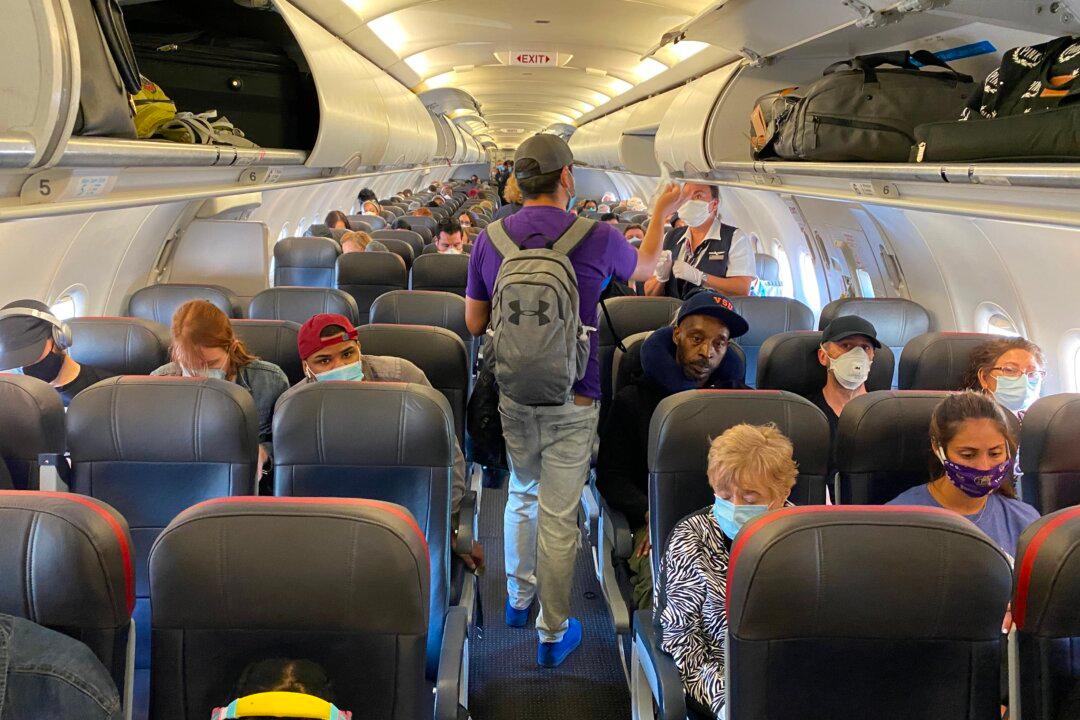It’s getting more expensive to travel in today’s economy, with inflationary pressures affecting airlines, hotels, and the tourism sector.
A recent survey from market research firm Destination Analysts found that 93 percent of U.S. travelers intended to take at least one leisure trip in the next 12 months. But will costs affect the quality of their vacation?





